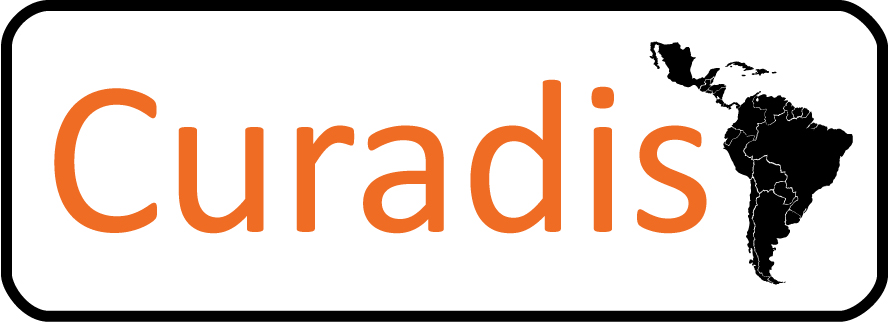About Us
Curadis (/'kjʊr.ʌ.dɪs/) is a non-profit organization with the aim to exchange experience and knowledge about the diagnosis and treatment of swallowing disorders between Europe, The United States and Latin America. Curadis provides volunteer outreach, education, diagnostics and treatment to communities in need throughout Latin America on a fully pro-bono basis. We are currently working on projects in Brazil, Chile and Costa Rica and are always adding more projects when we can. We are a small team of passionate healthcare workers who simply seek to help those in need as well as learn from each other while we are on this planet. As humans, we are all able to constantly grow and learn, and Curadis is our way of achieving our personal goal of giving back to the various communities who are in need. Curadis volunteers do not receive any funds or payment in any way for their services.
Curadis is registered as a legal non-profit organization in Belgium (IBAN: BE87734041379094 • BIC: KREDBEBB) and is currently going through the process to become a legal non-profit organization in the United States. In 2015, Curadis was founded in Belgium by Speech-Language Pathologist Katja Verstraelen, who specializes in Swallowing Disorders. In 2017, Dave Ross and Gabriel Lucas connected with Curadis and co-founded the U.S. branch of the organization, and they are currently working on finalizing the legal paperwork for the U.S branch. Currently, Curadis is currently operational in three continents (South America, North America and Europe) with more communities and countries joining all the time. We are the first non-profit organization seeking to exchange experience and knowledge about the diagnosis and treatment of swallowing disorders between Europe, the United States and Latin America.
Typical projects include (but are in no way limited to) the following:
- Teaching at various facilities (Hospitals, Universities, Outpatient/Inpatient Rehab, Private Clinics, etc)
- Guest Lecturing at various facilities
- Providing hands-on training in current, evidence-based diagnostic and treatment methods
- Consulting with various facilities on their Dysphagia modules
- Creating screening, diagnostic and treatment materials for various facilities
- Assisting in translating diagnostic and treatment materials
- Helping to create culturally-sensitive and culturally-relevant diagnostic and treatment procedures
- Working directly with rural and urban community centers to provide free diagnostics and treatment
Should your community have any needs, please contact us; we are happy to exchange our knowledge, skill, passion, energy and time with you in order to help the community directly.


